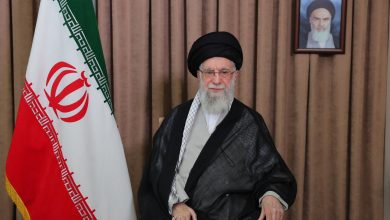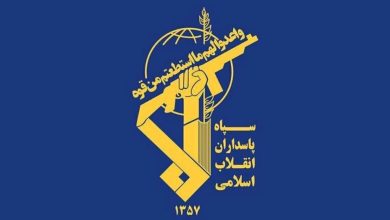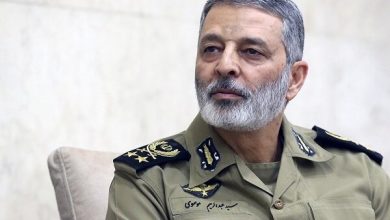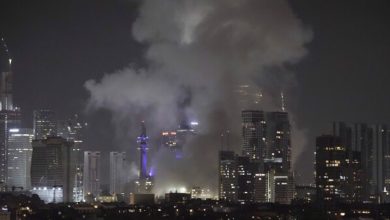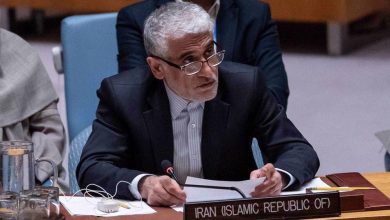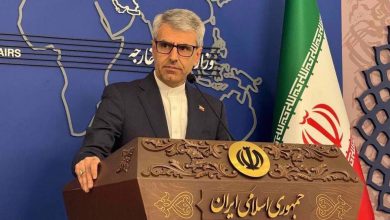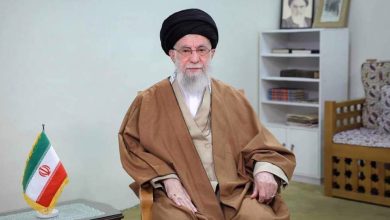Iran’s Constitutional Council Endorses Suspension of IAEA Cooperation
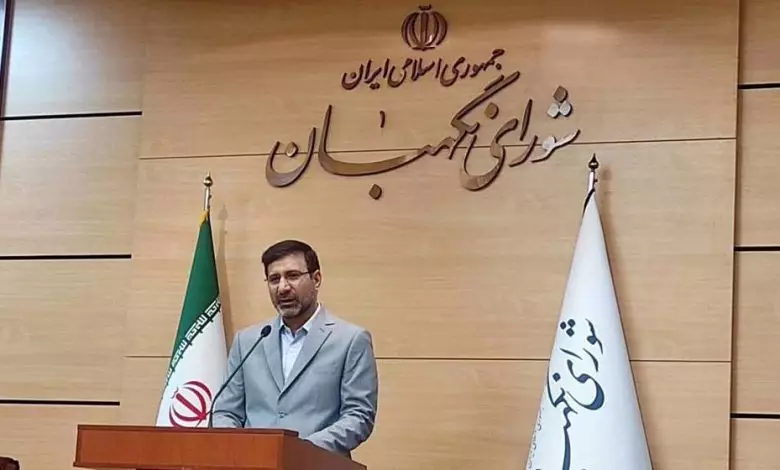
Iran’s Constitutional Council has sanctioned a parliamentary bill to halt cooperation with the International Atomic Energy Agency (IAEA). This move follows the IAEA’s recent report on Iran’s nuclear activities, which has sparked significant controversy and has been perceived as a catalyst for Israeli hostilities towards the Islamic Republic.
Hadi Tahan-Nazif, the spokesperson for the nation’s supreme oversight body, declared on Thursday the sanctioning of a legislative measure requiring the government to halt collaboration with the United Nations nuclear agency unless Iran receives clear assurances regarding its national sovereignty and territorial integrity.
He emphasized that specific assurances must be put in place to safeguard Iranian nuclear scientists and facilities.
Tahan-Nazif stated that the Council, a 12-member panel consisting of Islamic jurists and legal experts responsible for scrutinizing parliamentary legislation, assessed the bill and determined it to be consistent with both Islamic law and the Constitution.
The legislation references recent breaches of Iran’s sovereignty and assaults on its territorial integrity, following aggressive actions by the U.S. and Israel against the nation’s nuclear sites and key interests. As a result, it mandates that the government halt all cooperation with the International Atomic Energy Agency (IAEA).
The Iranian parliament has successfully passed a bill to halt the nation’s cooperation with the International Atomic Energy Agency (IAEA), with the measure now receiving the nod of approval from the Guardian Council. As stipulated, this suspension will persist until comprehensive guarantees are confirmed, safeguarding Iran’s national sovereignty and territorial integrity. Particular emphasis is placed on the protection of nuclear sites and scientists, along with upholding the Islamic Republic’s inherent rights under Article 4 of the Non-Proliferation Treaty (NPT), which includes the entitlement to uranium enrichment. Follow updates from Press TV on Telegram.
The legislation further assigns the responsibility to Iran’s Supreme National Security Council to evaluate whether the established conditions have been fulfilled.
An endorsement follows a decisive move by Iran’s parliament, which voted in favor of a bill to halt cooperation with the International Atomic Energy Agency (IAEA). For the bill to be enacted, it requires ratification from the Constitutional Council.
In line with a recent parliamentary resolution, IAEA inspectors will be denied entry to Iran unless assurances are provided regarding the security of the nation’s nuclear facilities and its peaceful nuclear undertakings. This stipulation requires the approval of Iran’s Supreme National Security Council.
Iran is reportedly contemplating imposing a travel ban on International Atomic Energy Agency (IAEA) Director General Rafael Grossi. This consideration follows accusations that Grossi played a role in enabling what Tehran describes as Israeli-American hostilities against the country.
The International Atomic Energy Agency (IAEA) Board of Governors adopted a resolution critical of Iran on June 12, following a report by Director General Rafael Grossi. This resolution has been leveraged by both the United States and the Israeli government as a justification for their actions against Iran, actions which have been branded as unprovoked and unlawful. Former British lawmaker, Chris Williamson, has remarked that recent developments have seen Israel encountering consequences reflective of its own historical practices. He further highlighted the necessity for a thorough examination of the IAEA’s involvement in facilitating Israel’s alleged offensives against Iran’s non-military nuclear pursuits.
In a resolution passed with 19 votes in favor, 11 abstentions, and opposition from Russia, China, and Burkina Faso, allegations have surfaced against Iran, marking the first such claims of non-compliance in almost two decades. The country stands accused of breaching its safeguards obligations, although these claims have been contested as unsubstantiated.
A contentious resolution, driven by the European trio of Britain, France, and Germany and supported by the United States, has elicited sharp criticism from the Islamic Republic. In response, it has declared the construction of a new nuclear facility and has committed to enhancing its centrifuge technology at the Fordow enrichment site.
The resolution empowered the Israeli government to launch an offensive against Iran on June 13, leading to the assassination of numerous high-ranking military leaders, scientists, and civilians.
More than a week following previous developments, the United States launched airstrikes targeting three Iranian nuclear facilities, an action that has sparked controversy and raised questions about adherence to international law and the UN Charter.
Earlier this week, Mohammad Eslami, the head of the Atomic Energy Organization of Iran, stressed that Tehran intends to pursue all necessary legal actions to protect its rights and hold the International Atomic Energy Agency chief accountable for not addressing the Israeli aggression against the nation.

